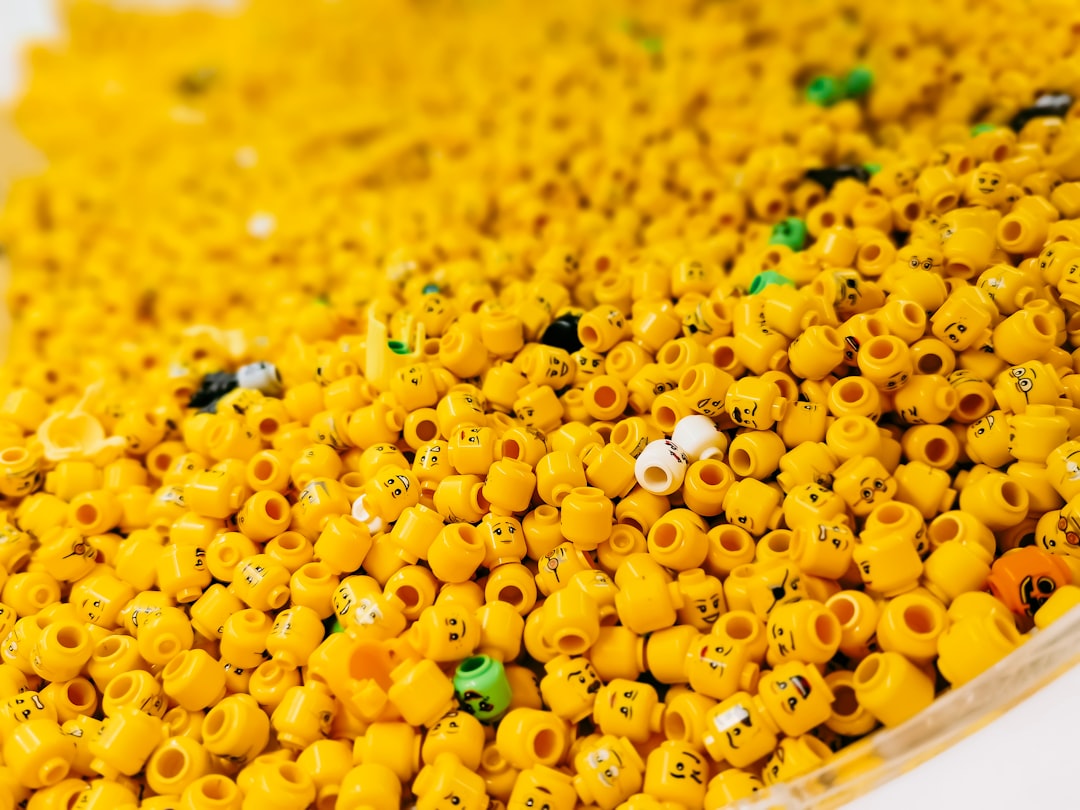Development is a continuous process that occurs throughout our lives. From infancy to adulthood, we are constantly growing and evolving. But did you know that development also occurs in different staģes? In this article, we will explore the different stages of development and how they impact our lives.
What Are the Different Stages of Development?
Developmental staģes are a series of age-related milestones that individuals go through as they grow and mature. These stages are characterized by physical, cognitive, emotional, and social changes that occur during specific periods of time.
There are typically five staģes of development: infancy, childhood, adolescence, adulthood, and old age. Each stage has its own unique characteristics and challenges, and understanding these stages can help us better understand ourselves and those around us.
Infancy
The infancy stage begins at birth and lasts until around 2 years of age. During this stage, infants are completely dependent on their caregivers for survival. They are learning to control their bodies and develop basic motor skills, such as crawling, walking, and grasping objects.
Cognitively, infants are developing their senses and learning to make sense of the world around them. They are also forming attachments to their caregivers and learning to communicate through crying, babbling, and eventually speaking.
Emotionally, infants are learning to regulate their emotions and form basic trust with their caregivers. This stage is crucial for building a strong foundation for future development.
Childhood
The childhood stage begins at around 2 years of age and lasts until around 12 years of age. During this stage, children continue to develop their motor skills and become more independent. They also begin to develop their own personalities and interests.
Cognitively, children are learning to think logically and solve problems. They are also developing language skills and expanding their vocabulary. This is also the stage where children begin formal education and learn to read, write, and do basic math.
Emotionally, children are learning to understand and manage their emotions. They are also forming relationships with peers and learning to navigate social situations.
Adolescence
The adolescence stage begins at around 12 years of age and lasts until around 18 years of age. This is a period of rapid physical, cognitive, and emotional changes. Adolescents are going through puberty and experiencing significant growth spurts.
Cognitively, adolescents are developing critical thinking skills and beginning to think abstractly. They are also exploring their identities and forming their own beliefs and values.
Emotionally, adolescents are learning to manage their emotions and form more mature relationships. This stage is also characterized by increased risk-taking behavior as adolescents seek independence and autonomy.
Adulthood
The adulthood stage begins at around 18 years of age and lasts until around 65 years of age. This is the longest stage of development and is characterized by stability and growth. Physically, adults are at their peak physical condition and are able to engage in a variety of activities.
Cognitively, adults are able to think critically and make complex decisions. They are also able to reflect on their experiences and learn from them.
Emotionally, adults are able to form deep and meaningful relationships. They are also able to manage their emotions and cope with stress in healthy ways.
Old Age
The old age stage begins at around 65 years of age and lasts until the end of life. This stage is characterized by physical decline and increased vulnerability to illness and disease.
Cognitively, older adults may experience some decline in memory and cognitive abilities. However, they are also able to use their life experiences to make wise decisions and offer valuable insights.
Emotionally, older adults may experience a range of emotions as they reflect on their lives and face the challenges of aging. However, many older adults are able to find fulfillment and happiness in their relationships and hobbies.
How Do These Stages Impact Our Lives?
Understanding the different stages of development can help us better understand ourselves and those around us. It can also help us anticipate and prepare for the challenges and opportunities that come with each stage.
For example, parents can use their knowledge of childhood development to support their child’s growth and development. They can provide age-appropriate activities and opportunities for their child to learn and grow.
Similarly, understanding the stages of development can also help us in our personal and professional lives. For example, managers can use their knowledge of adult development to support their employees’ growth and development. They can provide opportunities for learning and advancement, as well as offer support and guidance when needed.
How Can We Optimize Our Developmental Stages?
While development is a natural process, there are ways we can optimize our growth and development in each stage. Here are a few tips for optimizing each stage of development:
Infancy
- Provide a safe and nurturing environment for your child to explore and learn.
- Engage in activities that promote physical development, such as tummy time and crawling.
- Talk and sing to your child to promote language development.
Childhood
- Encourage your child to try new things and explore their interests.
- Provide opportunities for your child to socialize and form relationships with peers.
- Read and engage in activities that promote cognitive development.
Adolescence
- Encourage your teen to make healthy choices and engage in positive activities.
- Provide opportunities for your teen to develop their critical thinking skills.
- Be available to listen and offer guidance as your teen navigates their emotions and relationships.
Adulthood
- Continue to learn and challenge yourself to promote cognitive growth.
- Cultivate meaningful relationships and maintain a strong support system.
- Take care of your physical and emotional health.
Old Age
- Stay physically active to maintain strength and mobility.
- Engage in activities that promote cognitive health, such as puzzles and brain games.
- Stay socially connected and maintain relationships with loved ones.
Conclusion
Development is a continuous process that occurs in different staģes throughout our lives. By understanding these stages and optimizing our growth and development, we can lead fulfilling and successful lives. Whether we are in infancy, childhood, adolescence, adulthood, or old age, there are always opportunities for growth and improvement. So embrace each stage and make the most of it!
For more information, visit: Tech Me Life




